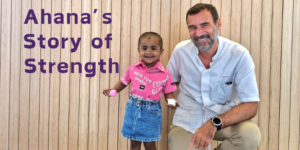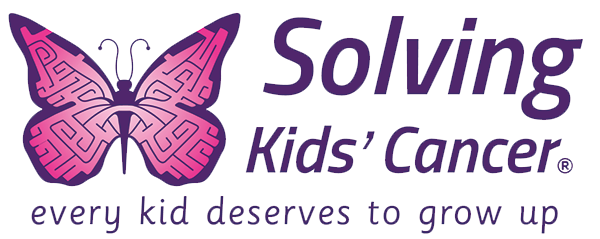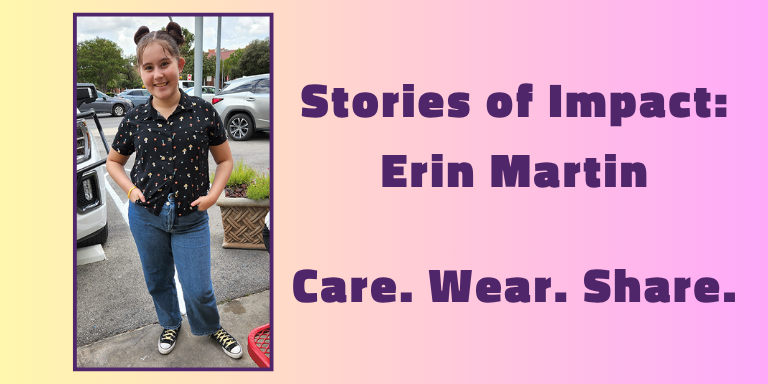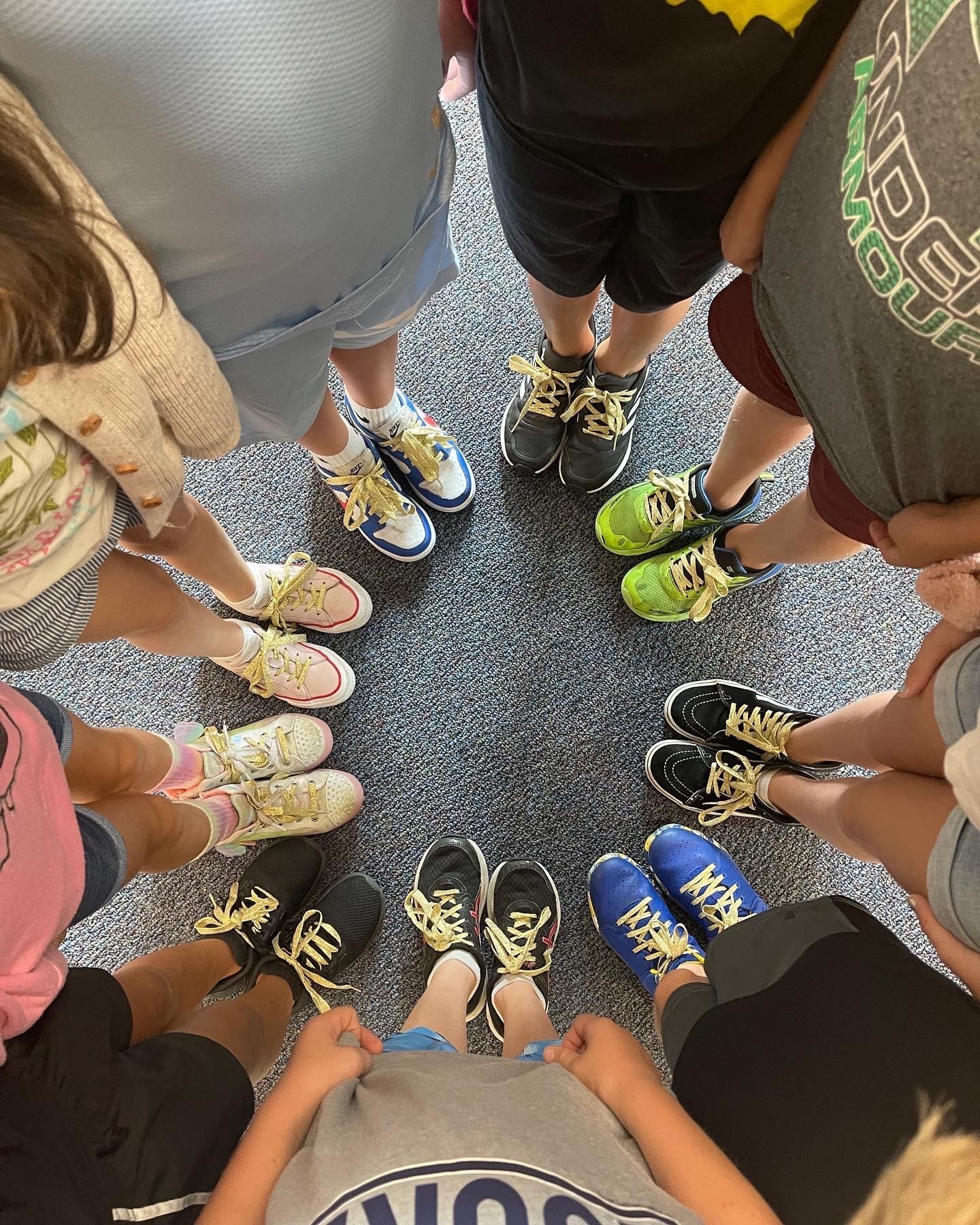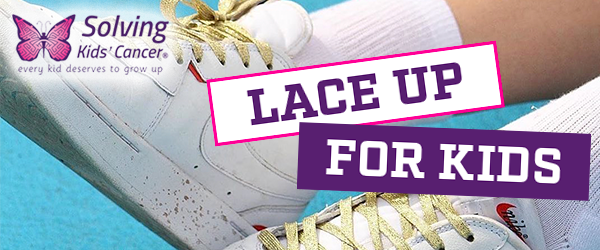A Quick Guide to Your Role as a Parent Advocate
A Quick Guide to Your Role as a Parent Advocate

We know how overwhelming it can be to hear the words “Your child has cancer.” Stepping into the role of a parent advocate is essential for your child’s well-being. It involves speaking on your child's behalf, making informed decisions, and ensuring they receive the best possible care. Here are critical steps you can take to advocate for your child:
Get to Know Your Pediatric Support Team
First, get to know your healthcare team. In most cases, a pediatric oncologist will manage the medical care of your child, but the members of your child’s healthcare team may also include nurses, social workers, and other specialists. Develop a good relationship with them. As a parent advocate, you are encouraged to ask them as many questions as needed about treatment plans and clinical trial options.
Here's an overview of key staff members likely to be part of your child's healthcare team, along with their roles and responsibilities.
Learn about care options
If your child is newly diagnosed, there are standard protocols at almost every children’s hospital in the U.S. These up-front treatments usually combine chemotherapy, surgery, and radiotherapy; sometimes as part of a phase III clinical trial.
Down the road, if the cancer is no longer responding to treatment or has returned, your child will be eligible to enroll in a phase I or phase II clinical trial. For more information, check out this helpful childhood cancer resource about clinical trials.
Talk to a social worker
Each hospital has a social worker whose main role is to help patients and their families navigate the logistics of their child’s treatment and care. Social workers can also act as counselors to help you cope. They may be able to identify childhood cancer resources and connect you with cancer patient advocacy groups that assist with lodging, travel, financial support, or more. If you are unable to get in contact with your hospital’s social worker, www.cancercare.org is a national organization with a staff of social workers who can offer free support in person or over the phone.
Keep your own records
Your child’s treatment may include visits to different hospitals and doctors. Keeping your own records can provide you and your healthcare team with vital information. If you collect printouts of daily reports, copies of scans, treatment protocols, and a daily diary of notes and observations, you can help ensure continuity of care for your child as a parent advocate.
Connect with other parents
When your child is diagnosed with cancer, you may feel isolated and alone. This is absolutely normal. Talking with other parents can broaden your pediatric cancer support network, offer hope and insight, and even connect you to additional information and childhood cancer resources.
Countless pages on Facebook are dedicated to parenting support for childhood cancer. Search by pediatric cancer type in the search bar to see if any suitable options might help you connect with others.
Build a Pediatric Cancer Support Network
Your friends and family members may be anxious to hear updates on how you and your child are doing. While caring for your child, you may find it challenging to call or email all of your friends and family. Consider creating a Caring Bridge page or Carepage to keep people updated. You can change the privacy settings so that only people you know can view your child’s page. Creating a CaringBridge page or Carepage is easy, free, and allows loved ones to offer encouragement and support.
Talking to a social worker, connecting to other parents, or contacting nonprofit organizations can also help you build a strong pediatric cancer support network. Some organizations help provide more direct support to children with cancer, such as Chemo Angels, which pairs a child with a pen pal. For siblings of children with cancer, Supersibs offers emotional support and information about camps to help children cope with the realities of cancer.
Empowering Parent Advocates: Resources and Support
At Solving Kids’ Cancer, we’re dedicated to empowering parent advocates like you with the necessary support to guide your child through the complex world of cancer treatment. Find updates on childhood cancer research, treatments, and care on our blog and podcast. You can also learn more about symposiums that provide parenting support for childhood cancer.
